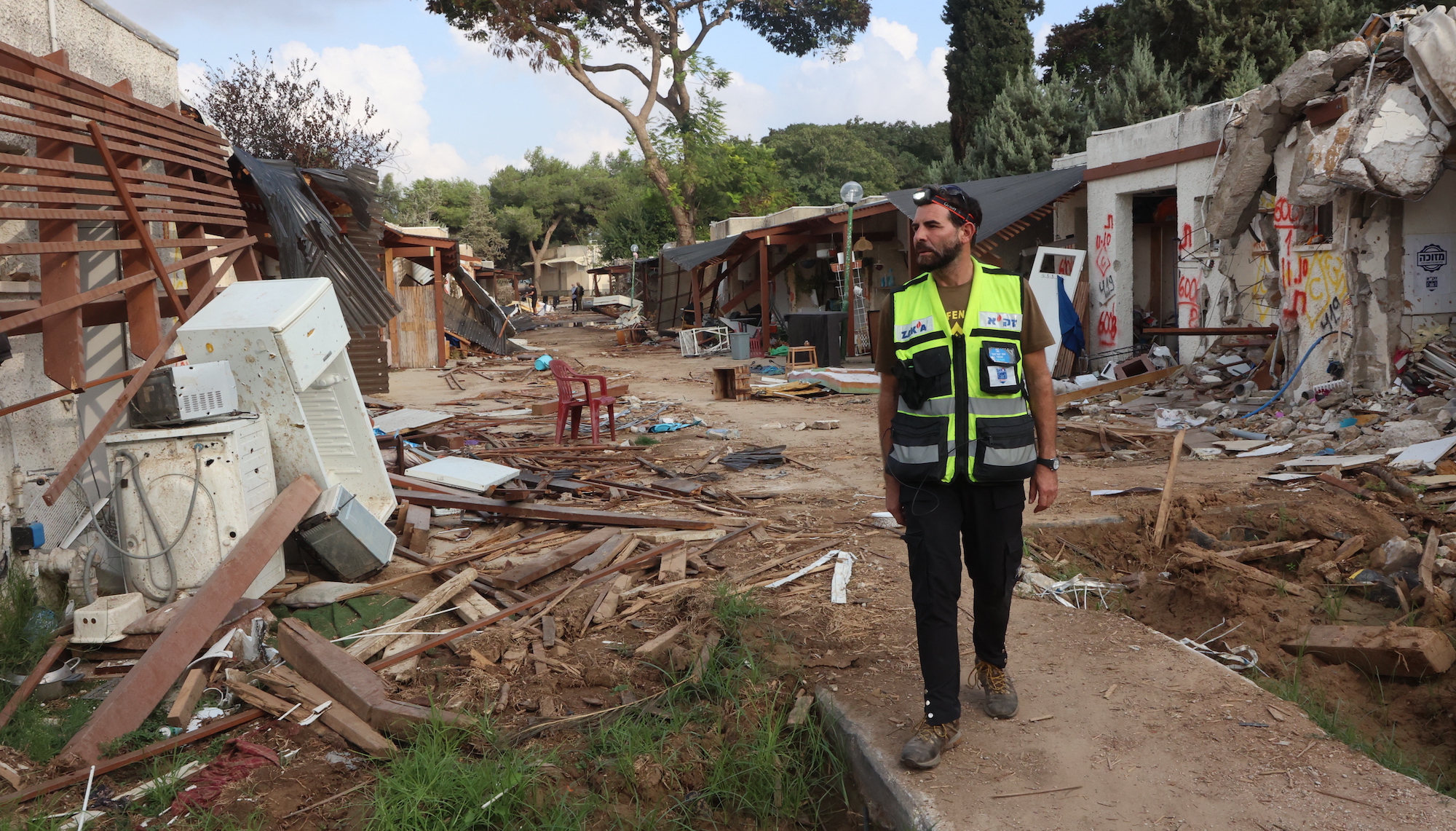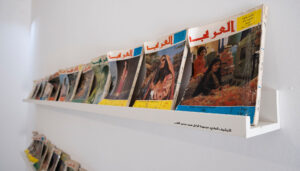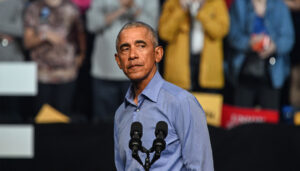Kalimat by Daoud Kuttab
For the most part the reform process in the Arab world has been stagnant. Political change is moving at a very slow pace despite the claims to the contrary by autocratic leaders. While change from top to bottom is slow and at times nonexistent, the change on the grass roots is another matter. For one thing, the population of the Arab World is becoming younger and younger and this new generation of Arabs is being exposed to many new trends and communications tools that many of the older generation leaders are, for the most part, not even aware of.
Nowhere is the change on the grass root level more evident than in what has been loosely called citizen journalism. With the ivory tower of traditional journalism becoming higher and higher and avenues for young people to break through these barriers into the traditional media (many of which are not interested in doing anyway) almost nonexistent, new media tools are becoming increasingly accessible and popular.
Technology, now more than ever, is providing the tools for every day persons to be able to learn more and to participate in contributing information.
With Arab governments not able to stop the flow of virtual information using traditional check points and border crossings, young Arabs are able to learn more about what is happening in their own country simply by logging on to regional and international web sites, and watching satellite TV, that has also proved unstoppable by autocratic governments.
A young Arab in Jordan, Morocco or Bahrain can today be part of the news and not simply a consumer of it. Blogs – that started as text have developed into photo blogs, audio blogs and even video blogs – are providing an authentic and fresh point of view which until now has been missing in the Arab media landscape. In some cases, traditional media has paid attention and are trying to incorporate these new citizen journalists, but for the most part they are completely unaware of what is happening.
The lack of understanding of new media in the Arab world by traditional media and the rulers of Arab countries is helping these new technologies and tools thrive. Except for the occasional shocks that these governments witness as a result of a provocative content here and there, they have for the most part left this new phenomena to develop uninterrupted. Sooner or later, however, something will have to give. The governments will either have to change or a real confrontation will take place.
Mr. Kuttab is a leading online media activist in the Arab world and founder/director of the Arab World’s first Internet radio station ammannet. He will be teaching new media in the Arab world at Princeton University this fall. Contact Daoud.










